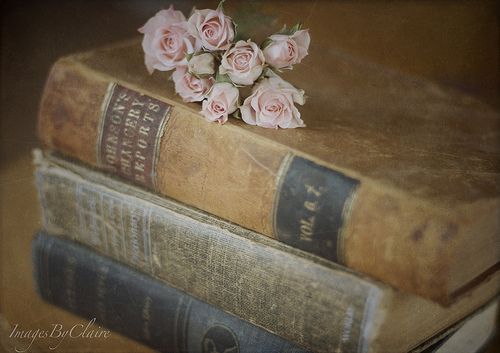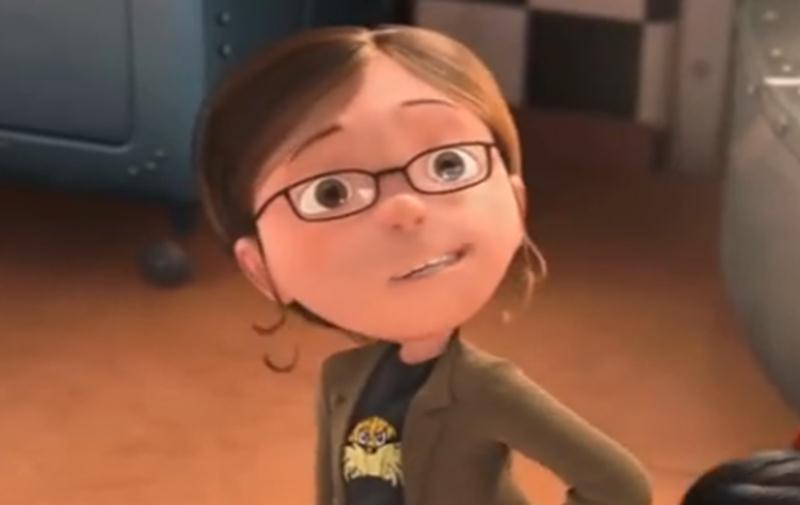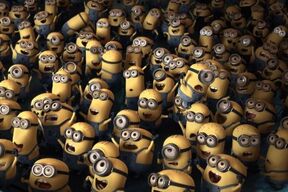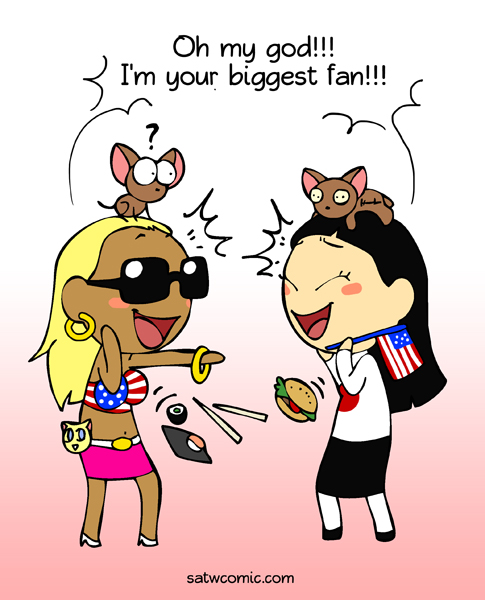
Exciting news (in my life anyways). One of my brilliant and amazing professors has organized a two-week class that will convene in ENGLAND!!!!! It's designed to be an experiential learning class. Instead of just sitting in a room and discussing great British writers associated with Oxford, we will actually be going to the places they wrote about! We'll be able to discuss the work of C.S. Lewis at his house, T.S. Eliot on the Thames, and we'll see Shakespeare performed at the Globe! We have an amazing reading list too!
C.S.
Lewis - The Great Divorce and That
Hideous Strength
Discuss at The Kilns and at “The
Eagle and the Child”
J.R.R.
Tolkien- Intro to The Silmarillion
Discuss at “The Eagle and the
Child”
John Henry
Newman- The Idea of a University -- Discuss at Christ Church
Visit Littlemore, Newman Centre
Evelyn
Waugh—Brideshead Revisited
Discuss at: Herford College , Turf
Tavern,
Christ Church Meadow, and Botanic Gardens
T.S.
Eliot -- “The Waste Land” and “The Four
Quartets”
Discuss on the Waterbus trip down
the Thames
Chesterton –
“Ballad of the White Horse”
Discuss at the White Horse at
Uffington
William
Shakespeare – TBD, based on
performances at The Globe Theater
Beyond this we get plenty of free time in order to make excursions to wherever else we may wish to go (within reason of course). I'm already making an itinerary of places I need to go and things I need to do. As a class we'll go on Walking tours
of Oxford, to the Bodleian
Library, Ashmolean
Museum, Evensong in
Christ Church Cathedral, Waterbus
trip down the Thames, The Kilns-
C.S. Lewis’ House, Concert in
Oxford, Blenheim
Palace, Westminster
Abbey in London, British
Museum in London, Tower of
London/The Armoury/Crown Jewels, Churchill
War Rooms/Imperial War Museum, Shakespearean
Performance at the Globe Theatre, Stonehenge, andThe White Horse at Uffington. For myself I want to ride in the Eye, and visit the Sherlock Holmes museum.Then, if I have the time and the money I'd like to make an excursion over to Wales. I'd see all the Doctor Who stuff in Cardiff and soak in the air of the Welsh countryside (cityside?). Everyone always forgets about Wales, but they have some of the best Arthur myths and Wales is a source of inspiration to one of my favorite authors (that's Diana Wynn Jones in case you were wondering).
I'm so excited that I have this opportunity, and am even more grateful that I'll be able to go with some very dear friends. I've loved England for as long as I remember. The stories that have shaped me the most have come from that country. Pictures of propriety, virtue, and empire. Tomorrow marks the beginning of the new year (happy new year by the way), and it also marks the official countdown to Oxford. There's still a lot to do between now and then (I mean I have the whole Spring semester to take care of first), passports to get, money to save. I'm truly excited! :) Happy New year everyone. May your year also bring its own excitements and adventures!








 \
\

































